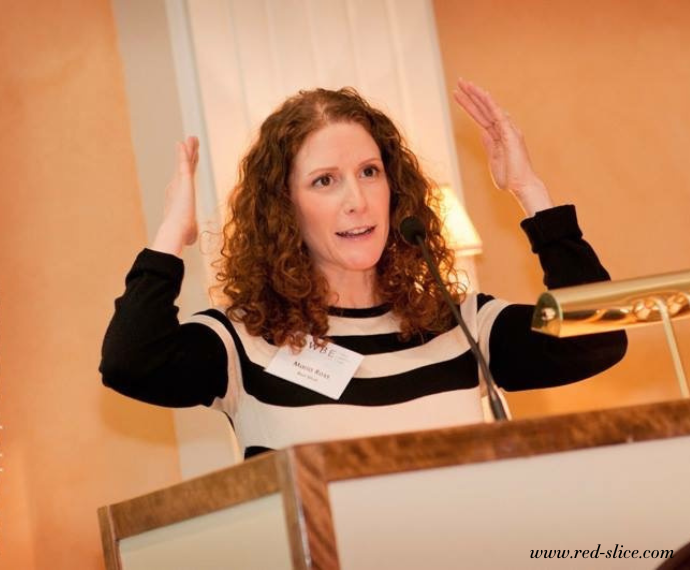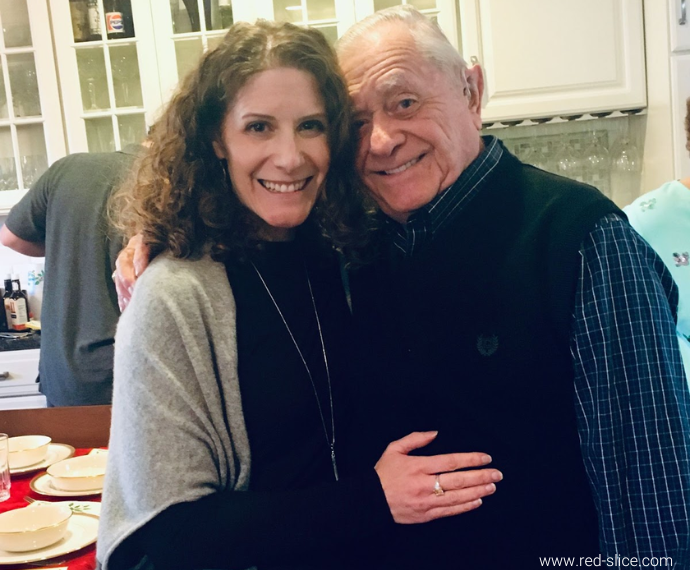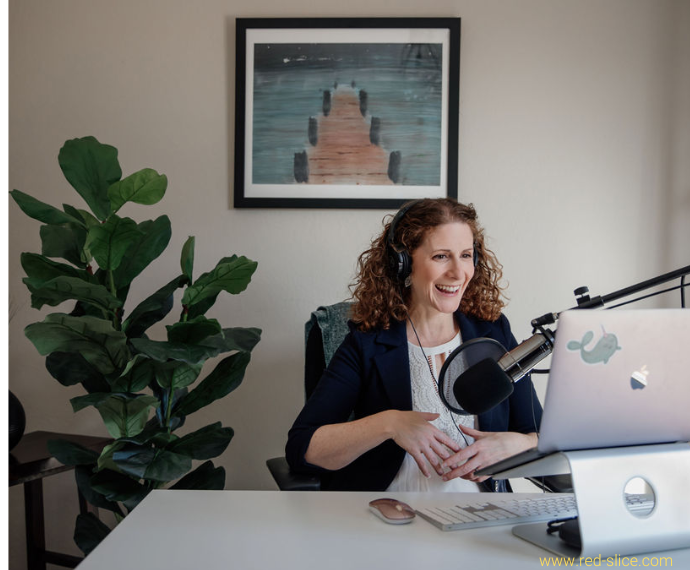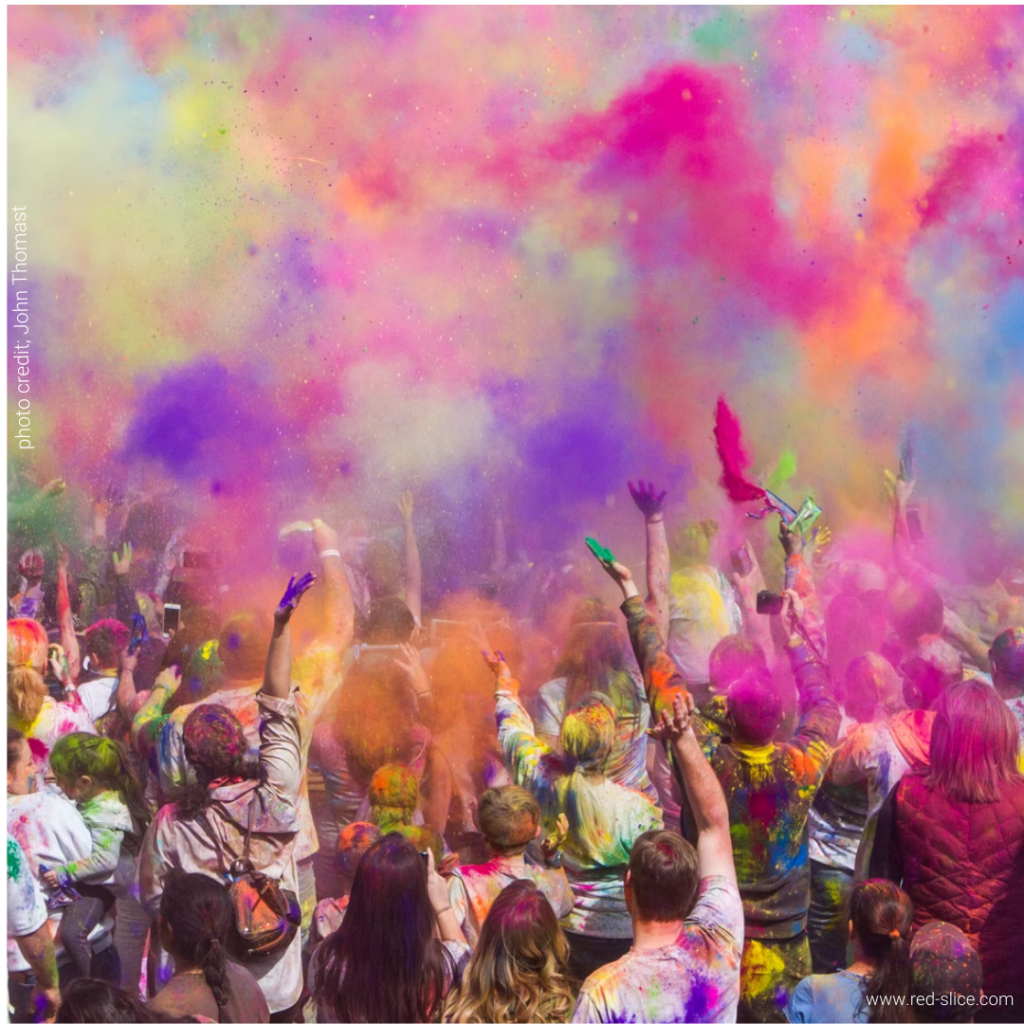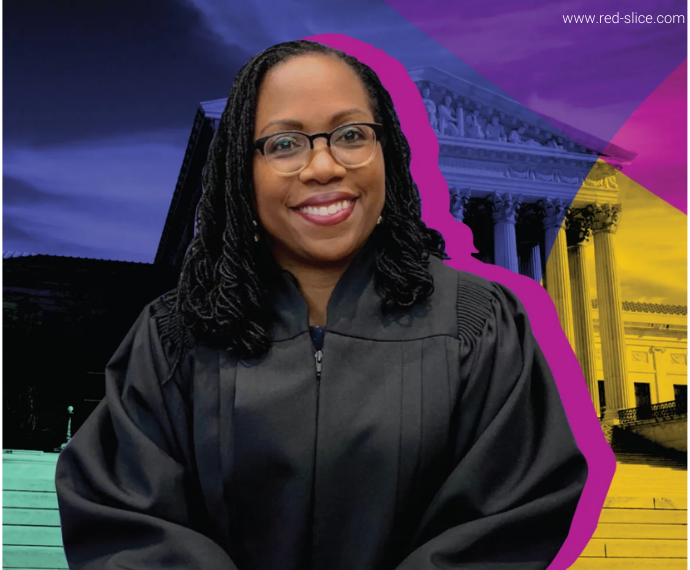Think about your organization’s values for a sec. Oh, and if you don’t have those articulated, we should probably talk!
I bet you have values such as integrity, honesty, innovation, fail fast, or others that are similar. Maybe you have something like, Take Risks or Customer Obsession, or even as one client of mine did in the past, Embrace Curiosity – which I always loved, especially as it relates to empathy!
But do you have the word “love” anywhere on that list? Does even the thought of love in a business context make you feel a bit nervous?
While it’s Valentine’s Day and we’re talking about love in all its forms this time of year, I bet you never thought about including that word in any sort of business communications whatsoever.
Except maybe to say “We love our customers” or “We love a challenge”
Your invitation today is to think about the role love plays in your company’s mission, culture, and success. In the way, you operate with each other. And…to not be afraid of it anymore.
Of course, I don’t mean romantic love. Although I, and a few others, all met our spouses at one particular company I once worked for! I’m talking about love in its truest form.
Last year, I devoured bell hooks’ book All About Love: New Visions, in which she explores the fact that we don’t all have a common definition or construct around love, even though it’s one of the most important human emotions. And that is part of our problem individually and as a collective world.
This book got me thinking about what I really believe love to be. I’d never really thought that much about it before. And she goes on to talk about how we conflate love with romantic love or caring, or even fondness.
For those of you who don’t know her, Bell was an American author and social activist, writing about race, feminism, and class. She explored the intersectionality of race, capitalism, and gender, and what she described as their ability to produce and perpetuate systems of oppression and class domination. She published more than 40 books ranging from essays to poetry to children’s books and appeared in many documentary films, as well as being a lecturer. She passed away in 2021 and, to my own detriment, that was the first time I ever heard of her so I began reading her work.
bell writes that “Love is a combination of care, commitment, knowledge, responsibility, respect, and trust.” She also states that “To love well is the task in all meaningful relationships, not just romantic bonds.”
Commitment. Responsibility. Respect. Trust. Required in all meaningful relationships. If that doesn’t have a place in organizational culture, I don’t know what does.(TWEET THIS!)
Our workplaces are where many of us spend the bulk of our time. If you add up the time each week, you often spend way more of your waking hours with your work colleagues, clients, or customers than with your own family.
How can love not have a place in those essential relationships?
We don’t have to think of love romantically. We can think of it exactly how bell describes it. Love means caring. It means commitment. It means honesty, respect, and trust. As we break free from outdated models of corporate culture and dysfunctional relationships with colleagues or customers, we can see that love absolutely needs to be part of the equation.
A while back, I wrote a blog post called Choose Love about embedding love into your values and business model. No matter what you do. No matter how big or small your organization.
No matter who you are, you have influence. Whether it’s 100,000 followers, a team of 150, or your email list is just your mom and your best friend.
Whatever you’ve got, use it.
Never underestimate the importance of your work or message no matter what your role. It may seem trite, but if you can influence or inspire even just a few, then you’ve done your job well.
Now more than ever, in these tumultuous times…when folks are feeling raw, vulnerable and afraid…now is the time to use your voice and choose love – as a leader, as a colleague, and yes, as an organization.
You can absolutely build love into your values, leadership style, or yes, business model. Like this:
- Love yourself and be self-confident so you don’t feel the need to bully others or let bullies win over you
- Love your neighbors and colleagues so that all people can feel accepted and appreciated
- Love your clients so you can bring real, honest value to them
- Love your customers so you can make their lives better with your products or services
- Love your partners so you can create wins that benefit everyone
- Love your community so you can collectively pull everyone up together
- Love your environment so its beauty and nourishment enriches generations to come
- Love your family and friends so they have a firm foundation to fully spread their own love to others
Here’s what I know to be true: No matter what your religion, nationality, gender identity, or sexual orientation, the only thing that matters is how you show up in the world and love. You are the example when you think no one is watching – because sometimes only YOU are watching, and you want to be proud of what you see.
Same thing goes for your company – maybe you’re not world famous, maybe you don’t think the press will care about you. Or perhaps you think you’re so large that such a personal value doesn’t impact your day-to-day work. I’m here to tell you, that’s not true. It all matters to someone, somewhere, sometime.
Choose love. Start small and practice love with whoever is in your circle of influence right now. If that’s just your family and friends, choose love. If that’s thousands of employees, stakeholders, email subscribers or Instagram followers, choose love.
We’re in this together. But we need to show up in ALL areas of our lives, and business, too. Don’t be afraid to make work personal. Get aligned. Choose love.
PS: This post comes from my February Hot Take episode on The Empathy Edge podcast. If you’d like to listen to this post, please click here.
Photo Credit: Michael Fenton, Unsplash IG: @michaelrfenton





